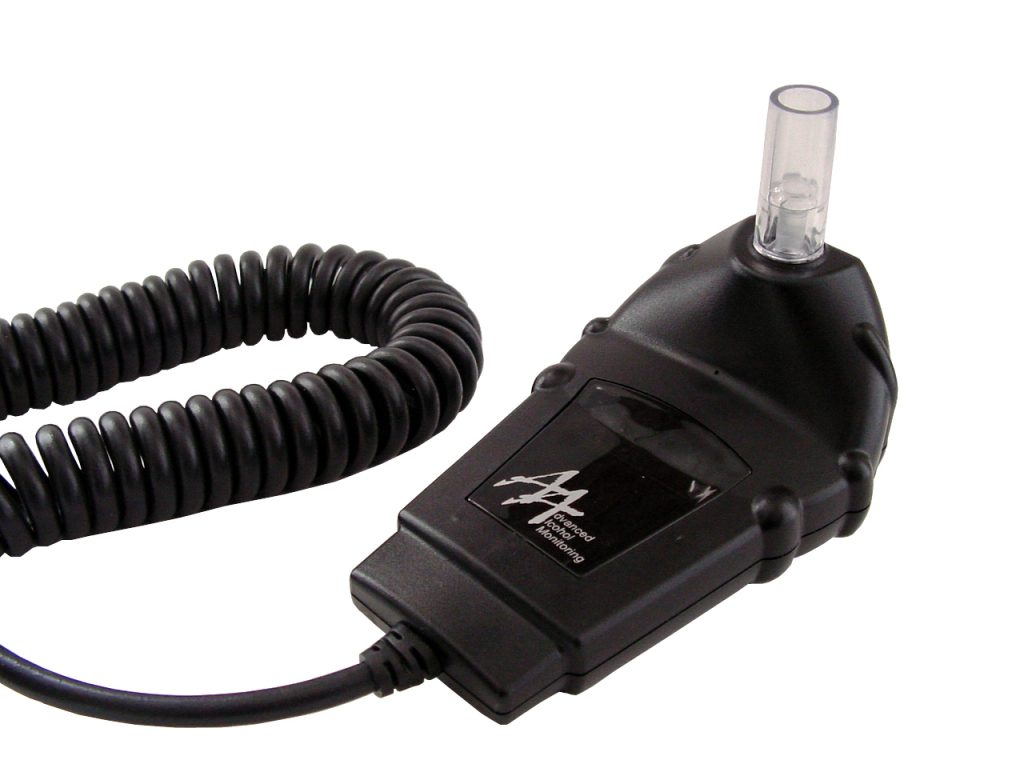Pennsylvania DUI Laws: A Comprehensive Guide
Driving Under the Influence (DUI) is a severe offense that can have far-reaching consequences because of strict Pennsylvania DUI laws.
Those consequences became even more severe following the passing of Pennsylvania's Deana's Law in July 2022. The law, named after Deana Eckman of Delaware County, increases the penalty for drunk drivers with two or more prior DUI convictions. The Delco woman was killed in 2019 by a six-time drunk driver.
Presently, if caught operating a motor vehicle while under the influence of alcohol, you now face these penalties in Pennsylvania:
- The requirement to use an ignition interlock device even for first-time offenders with a BAC of 0.10% or higher.
- An upgraded charge to a third-degree felony with two or more previous convictions.
- An upgraded charge to a second-degree felony with three or more convictions.
More importantly, it mandates consecutive prison terms after the second conviction for driving while impaired by alcohol.
Due to the severity of a DUI arrest in PA, it's imperative to consult a criminal defense lawyer. They can work with you to, if not eliminate the conviction, potentially reduce the penalty.
Questions Relating to Drunk Driving Arrests in Pennsylvania
The Department of Motor Vehicles provides a detailed review of the penalties relating to arrests for DUIs. It's worth reviewing.
But here are questions our Montgomery County DUI lawyers typically receive with Pennsylvania DUI law cases. They provide a good snapshot of what to expect if arrested for driving under the influence.
What is a DUI?
Driving under the influence refers to driving, operating, or being in control of a vehicle while under the influence. Many people think it relates only to alcohol. However, it can also involve driving while using drugs as well.
Equally important, the drugs involved don't have be the illegal kind. They can be prescription drugs or OTC medications. The key is whether they cause an impairment.
In either case, the bottom line is that the act renders the driver incapable of operating your vehicle safely.
What is the legal limit in PA?
In Pennsylvania, the legal blood alcohol concentration (BAC) limit for most drivers is 0.08%. However, for commercial drivers, the limit is lower at 0.04%. In addition, with individuals under the age of 21, any detectable alcohol in their system can lead to charges.
Do I Have to Take a Breathalyzer Test?
The implied consent law applies to all states, including PA. Under implied consent laws, just by applying for a driver's license, you automatically agree to sobriety testing if you're pulled over, and the police have probable cause to believe you're intoxicated. All licensed drivers must agree to a chemical test for blood alcohol content when asked by the police.
What happens when you get a DUI in Pennsylvania?
When you receive a DUI in Pennsylvania, a series of legal processes are set in motion. You face arrest, charges, and a court appearance. Penalties may include fines, license suspension, mandatory alcohol education programs, and even jail time, depending on the circumstances.
What should you do if you get a DUI in Pennsylvania?
If you face a charge in Pennsylvania, seeking legal representation is crucial. Consult with an experienced DUI lawyer. They can guide you through the legal process, help you understand your rights, and explore possible defenses. They can also advise whether to plead guilty or not to the charge.
Do you lose your license for the first offense with Pennsylvania DUI laws?
For a first DUI offense in Pennsylvania, you can lose your license for up to 6 months. However, it's important to note that limited driving privileges may be available. Those privileges may allow you to drive to work, school, or medical appointments during the suspension.

What happens after the 1st DUI in PA?
After a first offense in Pennsylvania, you typically face these outcomes:
-
- Probation
- Mandatory alcohol highway safety school attendance
- Potential license suspension
With a high BAC level, you may need an ignition interlock device. Subsequent offenses result in increasingly severe penalties.
What is the difference between DUI and DWI?
Both terms refer to the illegal act of driving a vehicle while impaired by alcohol or drugs. The chief difference lies in what the letters mean.
DUI designates driving under the influence, while DWI refers to driving while intoxicated.
Pennsylvania DUI laws are zero-tolerance. So, they don't distinguish between a DUI and a DWI. The laws in zero-tolerance states mandate that any BAC over the legal limit is a crime.
Is a DUI considered a misdemeanor in Pennsylvania?
In Pennsylvania, they can be misdemeanors or felonies, depending on various factors. For most first-time offenders, a DUI is a misdemeanor. However, subsequent offenses or other aggravating factors can lead to felony charges.
What is the penalty for a DUI in PA?
The penalties in Pennsylvania vary depending on factors like BAC level and prior convictions. For first-time offenses with a BAC between 0.08% and 0.099%, penalties may include:
-
- A fine ranging from $300 to $1,500
- Probation
- Alcohol education programs
- License suspension of up to 6 months
Will you go to jail for a DUI in Pennsylvania?
Jail time is a possibility for convictions based on Pennsylvania DUI laws. That's especially true for repeat offenders or those with high blood alcohol concentrations. The length of jail time can vary. Factors such as prior convictions and aggravating circumstances play a significant role in determining the outcome.
How long does a DUI stay on your record in Pennsylvania?
This conviction can have long-term consequences for your personal and professional life. It remains on your record for life in Pennsylvania.
Can you get a DUI expunged in Pennsylvania?
Expungement is usually unavailable for DUI convictions. In most cases, they remain on your driving record for life. However, certain limited exceptions may apply, and it's advisable to consult with an attorney to explore your options.
Can you lose your job if you work for the state and get a DUI in Pennsylvania?
The impact of a DUI on your employment depends on various factors and your employer's policies. However, you may face job-related consequences if you work for the Commonwealth or in public sector jobs. Consult your HR department or a DUI lawyer to understand the potential impact.
Montgomery County DUI Lawyers
In Pennsylvania, DUIs carry significant legal and personal consequences. If facing a charge, you must understand Pennsylvania DUI laws, potential penalties, and your rights. Seeking legal counsel is often the first step toward navigating this challenging situation and working towards a resolution.
High Swartz assists clients involved in criminal cases, including those involving drug or alcohol impairment. Our Norristown law office helps clients in Montgomery County.
Contact our DUI lawyers immediately if charged with an offense. They'll work with you to offer a possible defense.
